Regional Divisions Announce Outstanding Graduate Student Papers from their Fall Meetings
The AAG is proud to announce the Fall 2017 student winners of the AAG Council Award for Outstanding Graduate Student Paper at a Regional Meeting. The AAG Council Award for Outstanding Graduate Student Paper at a Regional Meeting is designed to encourage graduate student participation at AAG Regional Division conferences and support their attendance at AAG Annual Meetings. One graduate student in each AAG Regional Division receives this yearly award based on a paper submitted to their respective regional conference. The awardees receive $1,000 in funding for use towards their registration and travel costs to attend the AAG Annual Meeting. The board members from each region determine student award winners.
The winners from each region will be presenting their papers in two dedicated paper sessions at the upcoming 2018 AAG Annual Meeting in New Orleans. The paper sessions are tentatively scheduled for the afternoon of Tuesday, April 10, 2018.
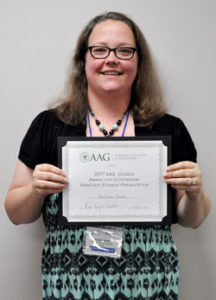
WLDAAG: Autumn C. James, Ph.D. candidate, Northern Illinois University
Paper Title: Construction of Safety in Daily Living: The Role of Personal Experience and Perception
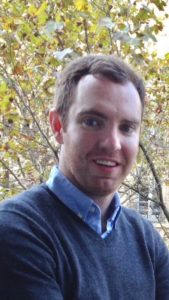
SWAAG: Benjamin Hemingway, Ph.D. candidate, Oklahoma State University
Paper Title: Vertical Sampling Scales for Atmospheric Boundary Layer Measurements from Small Unmanned Aircraft Systems (sUAS)
NESTVAL: Bogumila Backiel, M.S. (December 2017 graduate), University of Massachusetts, Amherst
Paper Title: Mapping Sandbars in the Connecticut River Watershed for Endangered Species Conservation
MAD: Joshua Wayland, PhD Candidate, Department of Geographical Sciences, University of Maryland College Park
Paper Title: Linking Natural Resources and Civil Conflict: A Spatial Panel Regression Approach
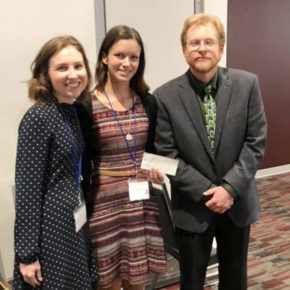
APCG: Sean Pries, PhD Candidate, Geography Graduate Group at University of California at Davis
Paper Title: The Past is the Key to the Present” Landscape of the Upper North Fork American River
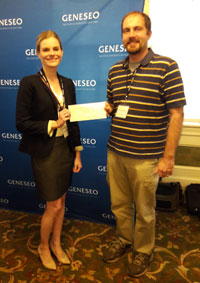
SEDAAG: Maegen Rochner, PhD Candidate, University of Tennessee Knoxville
Paper Title: Climate Change in a High-Elevation Whitebark Pine Ecosystem, Beartooth Mountains, Wyoming, U.S.A.
MSDAAG: Meghann Smith, PhD Student, Montclair State University
Paper Title: Environmental and Economic Assessment of Hard Apple Cider in the Northeastern U.S.

GPRM: Kimberly Johnson, PhD Student, Oklahoma State University
Paper Title: Perceptions and Performances of Wilder-scapes: Shaping contemporary social memories of the American West at Little House tourist sites
ELDAAG: Sam Roobar, Department of Geography, MA Student, Western Michigan University
Paper Title: “Spatial and Temporal Change in Halal Food Sales and Consumption: A case study of the city of Dearborn, Michigan”
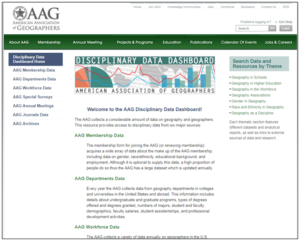
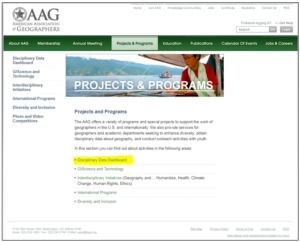
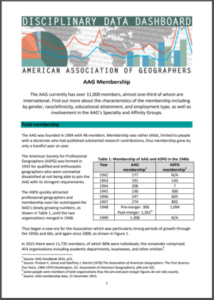
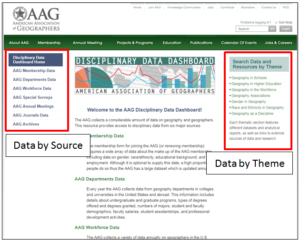
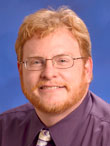 Alderman will present When the Big Easy Isn’t So Easy: Learning from New Orleans’ Geographies of Struggle. Beyond merely providing hotels, restaurants, and bars, the hosting cities of AAG meetings offer important moments to delve into the scientific value of these locations and to learn about the historical and contemporary forces and tensions that shape their communities and spaces. Doing so not only advances our intellectual understanding of place but also has the potential to create a more responsible and empathetic visitor and academic conference citizen—someone who can appreciate, analyze, and be affected by the people and places that exist beyond tourism brochures found in hotel lobbies.
Alderman will present When the Big Easy Isn’t So Easy: Learning from New Orleans’ Geographies of Struggle. Beyond merely providing hotels, restaurants, and bars, the hosting cities of AAG meetings offer important moments to delve into the scientific value of these locations and to learn about the historical and contemporary forces and tensions that shape their communities and spaces. Doing so not only advances our intellectual understanding of place but also has the potential to create a more responsible and empathetic visitor and academic conference citizen—someone who can appreciate, analyze, and be affected by the people and places that exist beyond tourism brochures found in hotel lobbies.
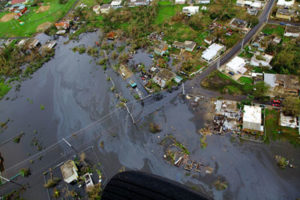
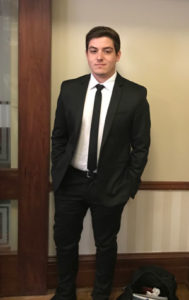 Charles Christonikos is currently a senior at The George Washington University, pursuing a B.A. in Geography with minors in GIS and Criminal Justice. Charles is passionate about urban geography and planning, and hopes to pursue a master’s in urban planning post-graduation.
Charles Christonikos is currently a senior at The George Washington University, pursuing a B.A. in Geography with minors in GIS and Criminal Justice. Charles is passionate about urban geography and planning, and hopes to pursue a master’s in urban planning post-graduation. Tol
Tol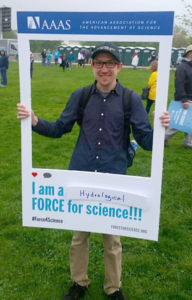 Shane Colgan recently completed his bachelor of science in Geographical Sciences from the University of Maryland, College Park. He will be attending the University of Maryland, College Park to pursue his masters in GIS starting this upcoming Spring semester. His geographic research deals with vegetation indexes and tree top canopy analysis to document the habitat of bats in Maryland, Virginia, and Delaware.
Shane Colgan recently completed his bachelor of science in Geographical Sciences from the University of Maryland, College Park. He will be attending the University of Maryland, College Park to pursue his masters in GIS starting this upcoming Spring semester. His geographic research deals with vegetation indexes and tree top canopy analysis to document the habitat of bats in Maryland, Virginia, and Delaware.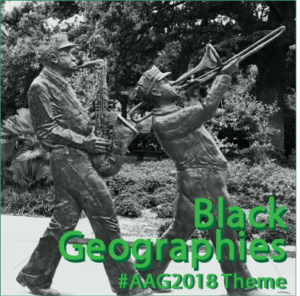

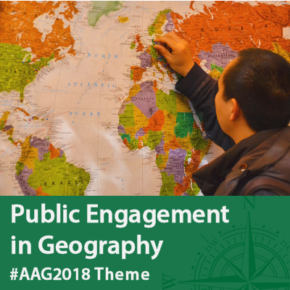
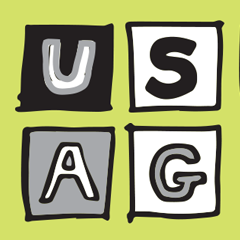
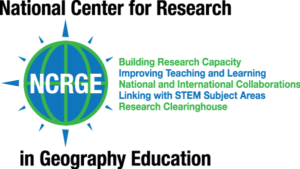 For the 2018 AAG Annual Meeting in New Orleans, the National Center for Research in Geography Education (NCRGE) is welcoming abstracts and organized session proposals for a special track of sessions on Transformative Research in Geography Education during the AAG Annual Meeting on April 10-14, 2018, in New Orleans. This track aims to raise the visibility of research in geography education, grow the NCRGE research coordination network, and provide productive spaces for discussion about geography education research and the notion of what makes research in the field potentially transformative.
For the 2018 AAG Annual Meeting in New Orleans, the National Center for Research in Geography Education (NCRGE) is welcoming abstracts and organized session proposals for a special track of sessions on Transformative Research in Geography Education during the AAG Annual Meeting on April 10-14, 2018, in New Orleans. This track aims to raise the visibility of research in geography education, grow the NCRGE research coordination network, and provide productive spaces for discussion about geography education research and the notion of what makes research in the field potentially transformative.